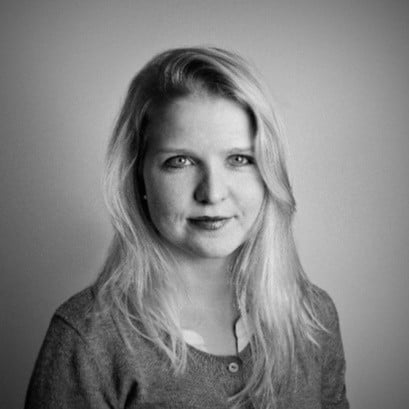When assessing applications for work permits under programmes including the Pay Limit Scheme, the Fast Track Scheme and the Positive List, the Danish Agency for International Recruitment and Integration (SIRI), which is responsible for processing work permits, uses income statistics to decide whether a job that has been offered is within the Danish standards for salary.
The statistics, which are provided by the Confederation of Danish Employers (Dansk Arbejdsgiverforening, DA) will be updated on April 1st, SIRI said in a statement on Monday.
The statistics base used by the agency is updated regularly.
READ ALSO: Denmark allows some foreigners to work ‘for short periods’ without permits
The new income statistics contains information from fourth quarter of 2023. A further quarterly update is due to take effect from July 1st, SIRI said in the statement.
For people who have applied or are applying for a Danish work permit, this means that applications submitted from April 1st onwards will be assessed based on income statistics for the fourth quarter of 2023. Applications submitted between January 1st and March 31st will be assessed based on income statistics from the third quarter of 2023.
Danish work permit rules require salary and other employment conditions offered to the foreign employee to be equivalent to those on the Danish labour market. This applies for first-time applications as well as for extensions.
For example, the Pay Limit scheme allows work permits to be granted to applicants who have been offered a salary by a Danish employer which is at or above the government-set minimum amount.
However, when assessing applications, SIRI must also assess whether the salary offered is “realistic” for the role being offered, to comply with rules intended to guard against abuse of the work permit system.
READ ALSO: Restaurant manager refused Danish work permit as salary deemed too high to be believable
According to SIRI’s website, the agency will normally deem the salary to be within normal Danish standards if the employer, or the employment contract, is covered by a collective bargaining agreement.
In other cases, it may more closely assess the salary that has been offered.
If SIRI finds that the salary does not appear to be at a usual level for the given role, it may ask the employer about the salary based on DA’s statistics.
It may also ask another body, the Regional Labour Market Councils (De Regionale Arbejdsmarkedsråd) for a second opinion.




 Please whitelist us to continue reading.
Please whitelist us to continue reading.
Member comments